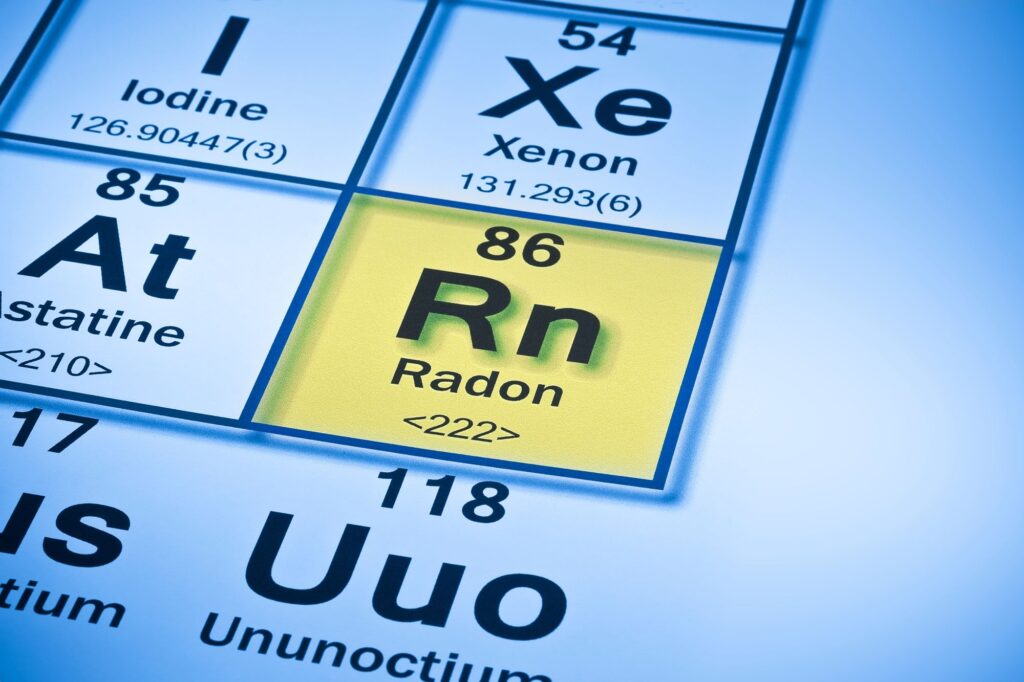London’s Deputy Mayor for Environment and Energy, Shirley Rodrigues, has said tackling “staggering” levels of air pollution in the capital is a “major priority.”
Shirley Rodrigues, London’s Deputy Mayor for Environment and EnergyAnd, emphasising the need for nationwide action, Mrs Rodrigues called on government to introduce a new Clean Air Act that is “fit for the 21st Century.”
Speaking at the launch of the ‘Lethal & Illegal: Solving London’s air pollution crisis’ report today (2 November), Mrs Rodrigues said she wants “a conversation about how to deliver a new environment strategy for London, which is truly integrated with our efforts to tackle air quality and climate change.”
Hosted by the IPPR, the All Party Parliamentary Group on Air Quality and Greenpeace, the morning session focussed on a number of key issues raised in the report, which sets out a strategy tackle air pollution, including potential actions for the Mayor of London and the government.
Diesel
Welcoming the report, which focuses on tackling road transport emissions and diesel vehicles in particular, Mrs Rodrigues said “One of the biggest tasks we have in formulating new policies is diesel and how we tackle that problem.”
She said it is “staggering” that 90% of nitrogen dioxide emissions in Central London now come from diesel vehicles, and “We now have to face the reality that if we want to tackle this air pollution problem, we have to tackle the problem of dirty diesel vehicles.”
Pointing to the second phase of Sadiq Khan’s air quality consultation, which was launched last month (see AirQualityNews.com story), Mrs Rodrigues said that more consultations are on the way.
“Over the next few months you will be seeing consultations coming out on the London Plan, the Mayor’s Transport Strategy and the Environment Strategy and I urge you all to respond to that consultation to tell us what the Mayor of London should be doing,” she said.
Among the proposals in the air quality consultation is an emissions surcharge — or ‘T-charge’ — for the most polluting vehicles driving into the Congestion Charge zone from October 2017, costing £10 per day.
Londoners can also comment on preferred dates for the start of an expanded Ultra Low Emission Zone —up to the North South circular for cars, motorcycles and vans, and in central London for buses, coaches and lorries. Options include as early as 2019 to 2021 or later.
Government
However, Mrs Rodrigues added that in order to boost air quality action, the Mayor will be putting forward a “host of initiatives” that he believes the Government should implement.
“As much as I’d love this to be the case, we can’t do everything in London alone. We do need the government’s help,” Mrs Rodrigues said.
She added: “[Sadiq Khan] has given the go ahead for TfL to research the detailed plans for a diesel scrappage scheme, which we believe should be part of a wider national scheme delivered by Government.
“But most importantly, the Mayor of London has called on Government to introduce a new Clean Air Act — fit for the 21st Century. This should put in place the strongest possible legal protections to ensure existing legal limits are retained rather than












Leave a Reply